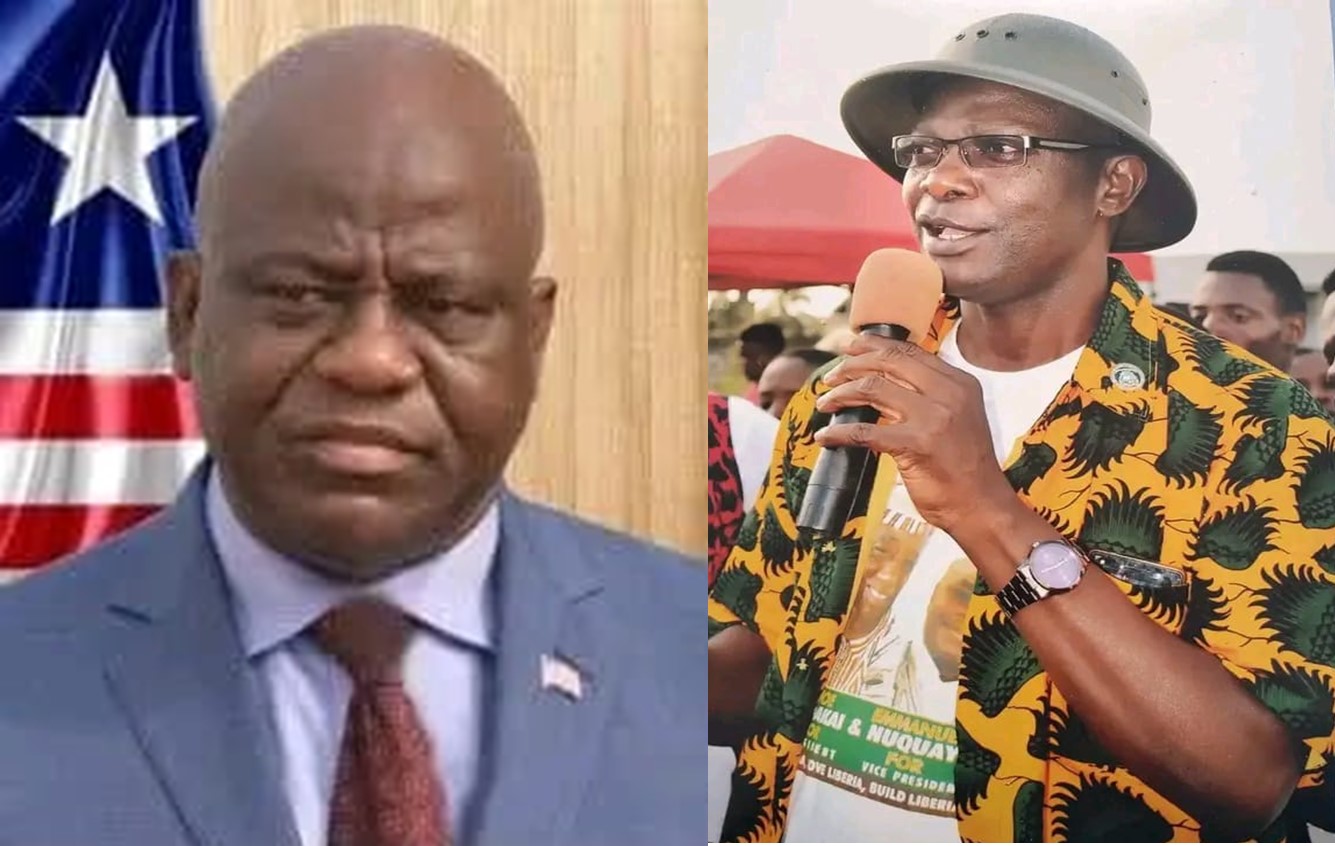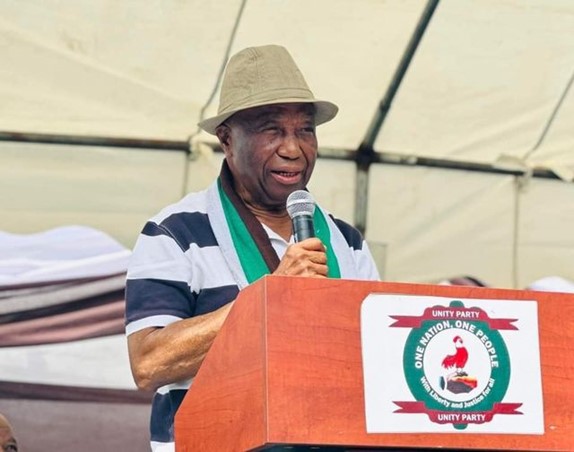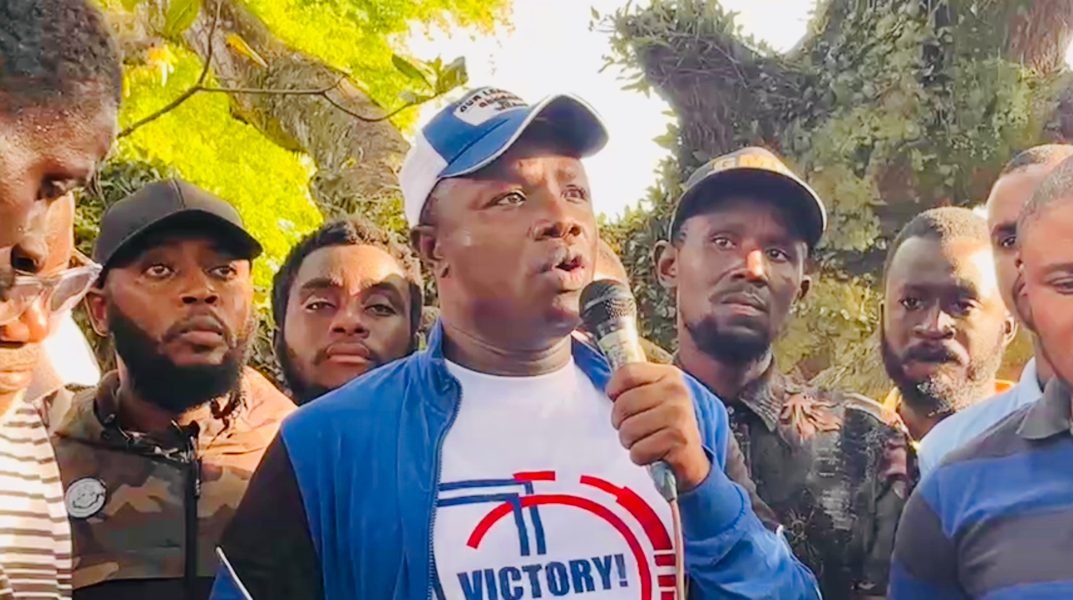Many governments around the world encourage foreign direct investment in their countries as a way to create jobs, expand local technical knowledge and increase their overall economic standards. These countries, including Liberia, realize that both global trade and foreign direct investment would help them grow rapidly and improve the standard of living of their citizens. Contrary to this analogy, Liberia’s social development is poorly recovering since after the 14 years civil crisis.
Grand Cape Mount County’s Senator Simeon Boimah Taylor, barely a year of representation, has frowned at Liberia’s economy, which is hugely controlled by foreign direct investment, which according to him is the result of the poor social development of Liberians.
Speaking with legislative correspondents on the ground of the Capitol Building, Senator Taylor disclosed that, with the level of foreign direct investment in Liberia, a population of approximately 4 million people should feel the impact of those investments.
Speaking further, the Grand Cape Mount County Senator further stated that the Liberian economy is hijacked due to the absolute non-involvement of Liberians.
“If Liberians aren’t making decisions in their economy, and the larger portion is being controlled by foreign investors, then our economy is hijacked,” the senator averred.
The Grand Cape Mount County senator, who is also Chairman of the Senate’s Committee on Lands, Mines and Energy, expressed contrary view of the World Bank 2021 report projecting Liberia’s economy to expand by an average of 4.9% in 2022-2023. He stated that an economic growth that does not influence the lives of the citizenry is statistical growth only.
The lawmaker also questioned government’s policy which specified ownership restrictions to a few sectors and industries, which can only be operated by Liberians according to the Investment Act and Revenue Code of Liberia. According to Senator Taylor, this policy is not being enforced by the requisite government functionaries.
The Grand Cape Mount County lawmaker further mentioned that the enforcement of government’s policies and regulations will greatly help keep the control of local markets or industries in their citizens’ hands.
“The National Investment Commission, Ministry of Labor and Ministry of Commerce and Industry should effectively enforce government’s policies and regulations, which will help keep the control of local markets or industries in our citizens’ hands,” he said.
Senator Simeon Taylor however challenged the Ministry of Labor to disprove his assertion that Chapter 2, Subchapter D, Section 75 of the Liberia Labor Law is not being violated by foreign investors.
“Except for administrative, supervisory or technical positions, it shall be unlawful to hire an alien employee unless and until the list of qualified Liberians has been exhausted or there is no qualified person on the list capable of performing the job to be filled,” the Labor Law reads.
Senator Taylor argued that foreigners are drivers, store-boys and even receptionists in foreign corporations, which he referred to as opportunities for Liberians.
The lawmaker has however encouraged his colleagues to keep the feet of the Executive to the fire by initiating appearances of line government institutions, including the National Investment Commission, Ministry of Labor and Ministry of Commerce and Industry.
“In the spirit of lawmaking, oversight, and representation which are our three cardinal functions, Iet me encourage my colleagues to keep the Executive’s feet to the fire by initiating appearances of requisite government functionaries,” he admonished.
Senator Taylor also cautioned Liberians to take advantage of restricted sectors and industries foreigners are prohibited from operating.
Simeon Taylor equally pleaded with Liberians who are high-income earners to also invest in these restricted sectors and industries, including supply of sand, block making, travel agency, retail sale of rice and cement, among others. He stated that this will put Liberians in competition with foreign investors and create job opportunities.







